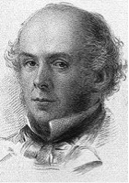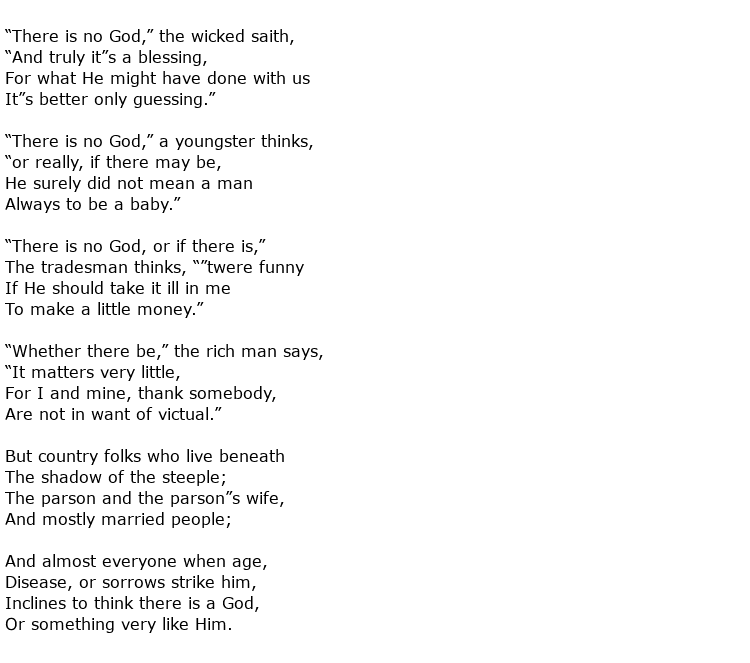 Arthur Hugh Clough was an English 19th century poet who managed to pack an awful lot into the short time that he had. His output was relatively small but he added to his CV terms as Principal of Newnham College, Cambridge and University Hall at University College, London. He travelled extensively around Europe and spent time in the United States of America. Remarkably he spent six years of his life writing no poetry at all as he was dedicating most of his energy working as an unpaid secretarial assistant to one of his wife’s cousins – the famous social reformer and founding member of the nursing profession, Florence Nightingale.
Arthur Hugh Clough was an English 19th century poet who managed to pack an awful lot into the short time that he had. His output was relatively small but he added to his CV terms as Principal of Newnham College, Cambridge and University Hall at University College, London. He travelled extensively around Europe and spent time in the United States of America. Remarkably he spent six years of his life writing no poetry at all as he was dedicating most of his energy working as an unpaid secretarial assistant to one of his wife’s cousins – the famous social reformer and founding member of the nursing profession, Florence Nightingale.
Clough was born in Liverpool in January 1819, most likely into very comfortable circumstances. His cotton merchant father took the family to the United States when Arthur was only three years old. Living in Charleston, South Carolina for his first few years, he soon found himself back in England to complete his education. This was initially in Chester and then Rugby School. At Rugby he began his literary life as a major contributor to the school magazine.
By the time he went up to Balliol College, Oxford Arthur’s parents were back in England. At Oxford he enjoyed the company of the likes of William George Ward and BenJamin Jowett. These were troubled times though for Clough with all the educational establishments in Oxford being under the strong influence of the High Church movement and when he was asked to teach their religious doctrines at Oriel College he found that he had to resign his tutorship.
He travelled to revolutionary France and loved his time in Paris. On his return to England he produced a long poem called The Bothie of Tober-na-Vuolich. It was primarily his statement to the world that academic life was over and he wrote another long piece when he witnessed yet more revolution; this time it was in Rome, in 1849, and he wrote Amours de Voyage. His stance against religious fervour was reinforced by Easter Day, a poem written in Naples and was his passionate and forthright denunciation of the Resurrection.
By this time in his life (his late 20s) he took on financial responsibility for his mother and sister, following the deaths of both his father and younger brother. Against his own beliefs, he took on the post of principal of University Hall, a hostel for Unitarian students at University College, London, a place he found to be rife with religious oppression on a par with that which he had found in Oxford.
One of his close friends at this time was the great philosopher and writer Thomas Carlyle but he was not at all happy in London. He returned to the United States where he lectured and did a spot of book editing in Massachusetts but was back in London a year later, in 1853. This was the start of his association with the famous Florence Nightingale.
Perhaps spurred on by failing health, in his early 40s, he travelled around Europe, visiting Greece, Turkey, France, Switzerland and Italy. Clough’s literary output was relatively small but what he did write was sometimes shocking. He was never afraid to speak out about sexual matters. He did have his own religious beliefs, as displayed in Through a Glass Darkly, but they were often at odds with popular beliefs at that time. Perhaps a poem that demonstrates this is There Is No God, the Wicked Sayeth, and some of it is below:

Arthur Clough died in Florence, in November 1861. He was just 42 years old.

